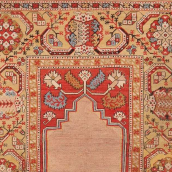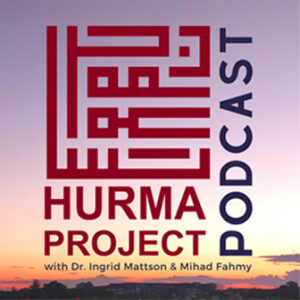A Reflection on the Story of Yusuf (as)
How did Yusuf (as) demonstrate a hurma practice with the women and men at the well?
Yusuf was betrayed three times, in varying degrees of severity, by those who should have protected or helped him. First, Yusuf was seized and dumped in a well, to die, or to be taken and trafficked as a slave, by his older brothers, whom one would expect to be the greatest protectors of their young sibling. Second, once Yusuf had grown into a handsome young man, he was sexually harassed by his adoptive mother, the wife of the Egyptian viceroy. Third, the prisoner whom Yusuf helped by interpreting his dream, once freed from prison, forgot all about Yusuf and his request to remind his master about his difficult situation.
One of the many lessons we take from “the most beautiful of stories” is that vulnerable people can be harmed by neglect just as they can be harmed by active abuse. It is natural that once we are relieved of a difficult situation, we will enjoy our new state of ease and cherish our freedom. We hope that Allah will reward us for having shown patience during our time of difficulty.
We are tested with ease as we are tested with difficulty. Certainly gratitude to Allah is an obligation of those experiencing ease. But we should also remember that there is a societal aspect to almost every difficulty we will face. If we have been freed, there may be many others still in straightened circumstances.
Yusuf was abused not only by a powerful person, but by an unjust system of power. Even when it was proven that Yusuf was harassed by the wife of the viceroy, he remained vulnerable to her abuse. When the men of the court wanted to stop the disruption caused by her continued harassment of Yusuf, their solution was to imprison him, while the wife of the viceroy remained free.





